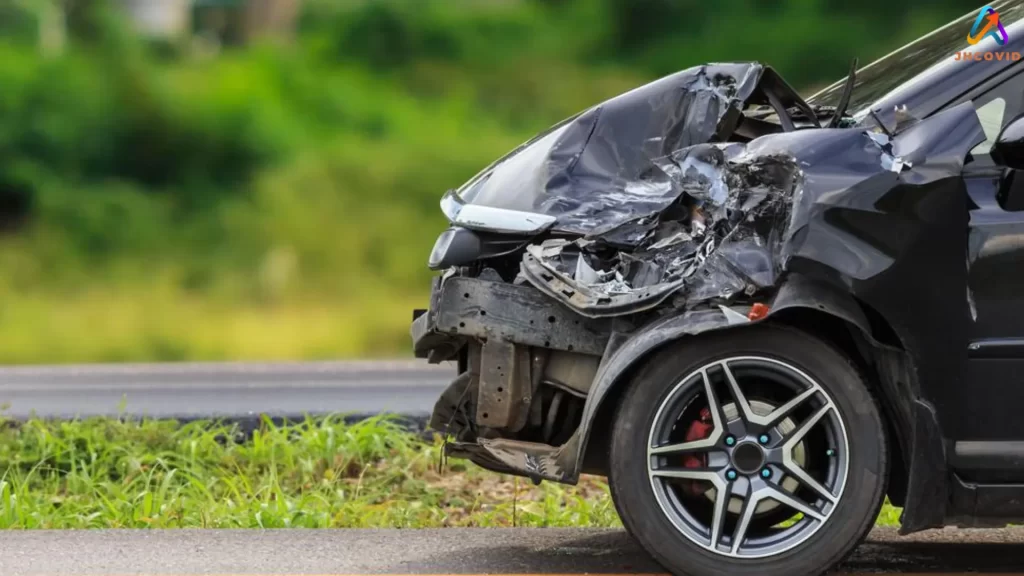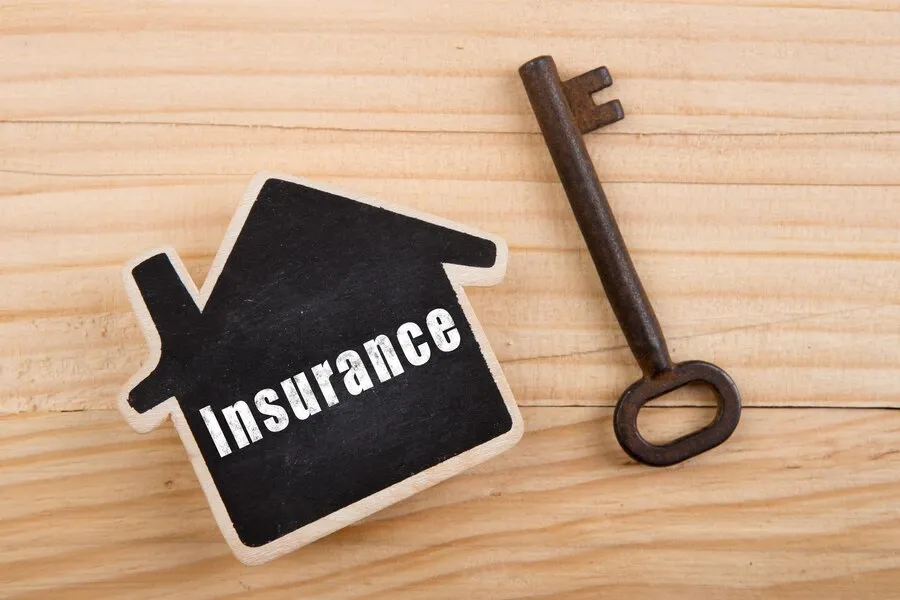Table of Contents
Key Takeaways:
- Understanding PTSD symptoms and acknowledging the need for support.
- Exploring various coping mechanisms and therapeutic approaches.
- Recognizing the importance of community and resources in recovery.
Recognizing Post-Traumatic Stress Disorder After Car Accidents

Car accidents are among the leading causes of trauma that can result in post-traumatic stress disorder (PTSD). This is because car accidents are not only physically damaging but can also leave invisible wounds that significantly impact mental health.
PTSD manifests through a spectrum of symptoms, including but not limited to flashbacks of the incident, nightmares, heightened anxiety, and uncontrollable intrusive thoughts. Acknowledging these symptoms is the first step towards recovery for those who have endured such an event.
In particular, residents of the Dallas area who find themselves in this situation can find solace and guidance through a Dallas accident lawyer, who can offer support in navigating the complexities that follow such a traumatic incident. The importance of legal counsel, alongside understanding the psychological impacts, creates a foundation for comprehensive care.
The Biology of PTSD: What Happens in the Brain?
When delving into the biological underpinnings of PTSD, research reveals significant changes in the brain’s function and structure in response to trauma, such as that experienced in a motor vehicle accident. The amygdala, a key player in processing fear and emotional reactions, can become hyperactive in motorists involved in a crash, leading to constant alertness and sensitivity to stress triggers.
Meanwhile, the prefrontal cortex, generally responsible for decision-making and moderating social behavior, may show decreased activity in individuals involved in a car crash, diminishing their capacity to regulate these heightened emotional states.
Furthermore, the hippocampus, involved in consolidating memories, may also be altered in those who have PTSD from a car crash, impacting the individual’s ability to distinguish between past and present threats. These neurological shifts underscore why PTSD is not merely a psychological condition but one deeply rooted in physiological changes following a collision.
Recognition of the brain’s response to trauma is crucial when developing empathy for people living with PTSD following a car accident and providing effective treatment.
Immediate Steps to Take Following an Accident
In the immediate wake of a vehicle accident, amidst the chaos and confusion, it is crucial to prioritize personal safety and seek immediate medical assessment to treat any physical injuries and property damage. At the same time, taking proactive steps to tend to one’s mental health after a car crash is equally essential.
Simple strategies can include deep breathing techniques, which can help calm the nervous system after a crash, and grounding exercises, which can anchor an individual’s consciousness in the present moment rather than being overtaken by traumatic memories.
Once safe and secure after a collision, it’s beneficial to establish a support system—whether friends, family, or professionals—who can assist in navigating the emotional aftermath. Engaging with mental health practitioners as soon as possible after a car accident can help assess any psychological impacts and minimize the long-term development of severe PTSD symptoms.
Traditional and Alternative Therapies for PTSD
The evolution of PTSD treatment has given rise to a spectrum of therapeutic modalities tailored to fit the unique needs of each individual, especially those affected by a collision. Among the traditional therapies, cognitive behavioral therapy (CBT) is a mainstay, assisting patients in reconceptualizing traumatic experiences, such as those related to a motor vehicle accident, and mitigating destructive thought patterns.
Another impactful therapy is Eye Movement Desensitization and Reprocessing (EMDR), which employs bilateral stimulation to aid in processing and integrating traumatic memories from a car crash. These are complementary therapies like acupuncture, which targets specific body points to alleviate stress, and yoga, which combines physical postures and breathing exercises to foster bodily awareness and mental tranquility after a motor vehicle accident.
The Role of Support Groups in Recovery

Leaning on others who share similar experiences of trauma can be one of the most vital aspects of the healing process. Support groups provide a compassionate and safe space for individuals to voice their fears, frustrations, and progress. They offer an opportunity for collective wisdom to accumulate as members share their coping strategies and milestones.
In these facilitated environments, survivors of vehicle accidents and other traumatic events can develop solid emotional bonds built upon mutual understanding and shared journeys toward recovery. This sense of community and solidarity is a core component of effective PTSD management. It helps to reinforce the idea that no one should navigate the path to recovery in isolation.
Navigating the Legal System with PTSD
The legal arena can appear daunting for those who have experienced a car accident and more so for individuals also coping with PTSD. The stresses of navigating claims, insurance, and potential litigation can exacerbate symptoms. Understanding one’s rights and the avenues available for seeking justice and compensation for both physical and psychological injuries is essential.
A compassionate and experienced lawyer can alleviate pressure by providing clarity and direction during this process. For those in and around Dallas, consulting a Dallas accident lawyer can make an essential difference in managing the legal aspects of recovery. They provide legal expertise and advocacy as a pillar of support, allowing individuals to focus on their healing journey.
When to Seek Professional Help
Determining the appropriate time to seek professional help can be difficult for those who have experienced a car accident and may be suffering from PTSD. Some individuals might initially try to ‘push through’ their symptoms or may not recognize the severity of their condition.
However, professional assistance should be sought when symptoms persist beyond a few weeks, consistently interfere with work or relationships, or if any thoughts of self-harm or hopelessness emerge. Mental health professionals can provide a diagnostic evaluation and offer various treatments tailored to the individual’s experiences and symptoms, facilitating a more comprehensive recovery path.






